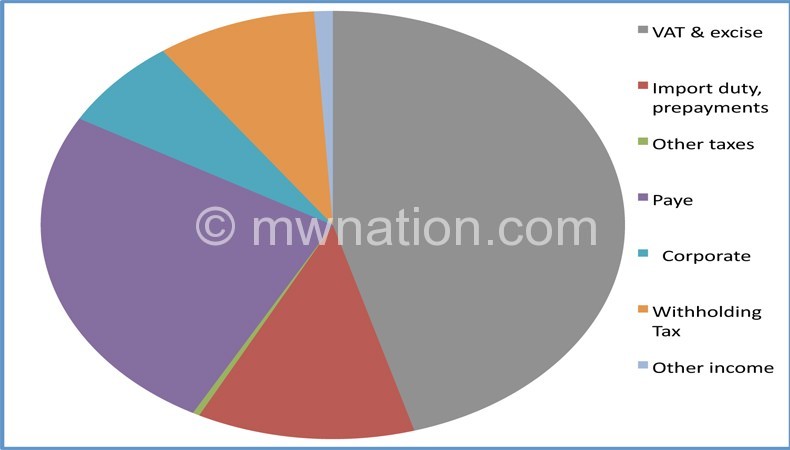Malawi falls, lags on trade enabling
Malawi fell and lagged in the region on trade enabling, factors that govern a nation’s ability to benefit from trade, according to the latest World Economic Forum (WEF) report.
According to the report released last week, Malawi is ranked 112 out of 138 economies, having scored 3.5 out of seven.

Compared to the previous report which is produced every two years, Malawi fell from 3.79 score and its position was 85 out of 132 economies.
In the region, Malawi was outperformed by neighbouring Zambia and Mozambique. Other economies in the region, including South Africa, Botswana, Kenya, Tanzania and Mauritius also out-performed Malawi.
The report indicates that Malawi did well on some sub-indexes, including market access, on domestic market access and foreign market access.
However, Malawi did poorly on efficiency and transparency of border administration, infrastructure and quality of transport, operating environment and availability of information and communication technology (ICT).
The WEF in the report argues that the gains of trade-enabling measures are multiple and far reaching, extending beyond trade and contributing to broader development objectives.
“[The benefits include] export competitiveness by reducing trade costs and lead times make local firms more competitive in international markets. This increases the likelihood that existing exporting firms will survive and that new firms will start exporting. Lower trade costs and entry barriers attract foreign direct investors, thus creating jobs and providing local producers and consumers with more and better products,” reads the report in part.
The WEF further argues that as trade costs fall, it is easier for economies to integrate regionally therefore reaping from larger markets.
Malawi has not been doing very well in other competitiveness, trade and doing businesses measures.
In the 2014, World Bank Doing Business report Malawi tumbled 10 steps to 171 out of 189 economies.
The country also fell seven steps to 144 out of 148 economies on the WEF Global Competitiveness Index, with foreign currency regulations, access to financing, tax rates as being major problems.
But the Ministry of Industry and Trade has, so far, said that the government has been implementing a number of policies that are aimed at improving competitiveness, doing business and exports.
The Malawi Government is implementing the National Export Strategy (NES) which focuses on a number of business enablers.
Ministry of Industry and Trade spokesperson Wiskes Nkombezi said the government is revising the country’s trade policy.
But Malawi Confederation of Chambers of Commerce and Industry (MCCCI) recently pointed out that government has not been implementing its proposals.
Outgoing MCCCI president Matthews Chikankheni, speaking during the chamber’s annual general meeting in Blantyre last week, said although two public-private dialogue forums were held in 2013, there was very little to show for as most of the issues received little attention from government.





